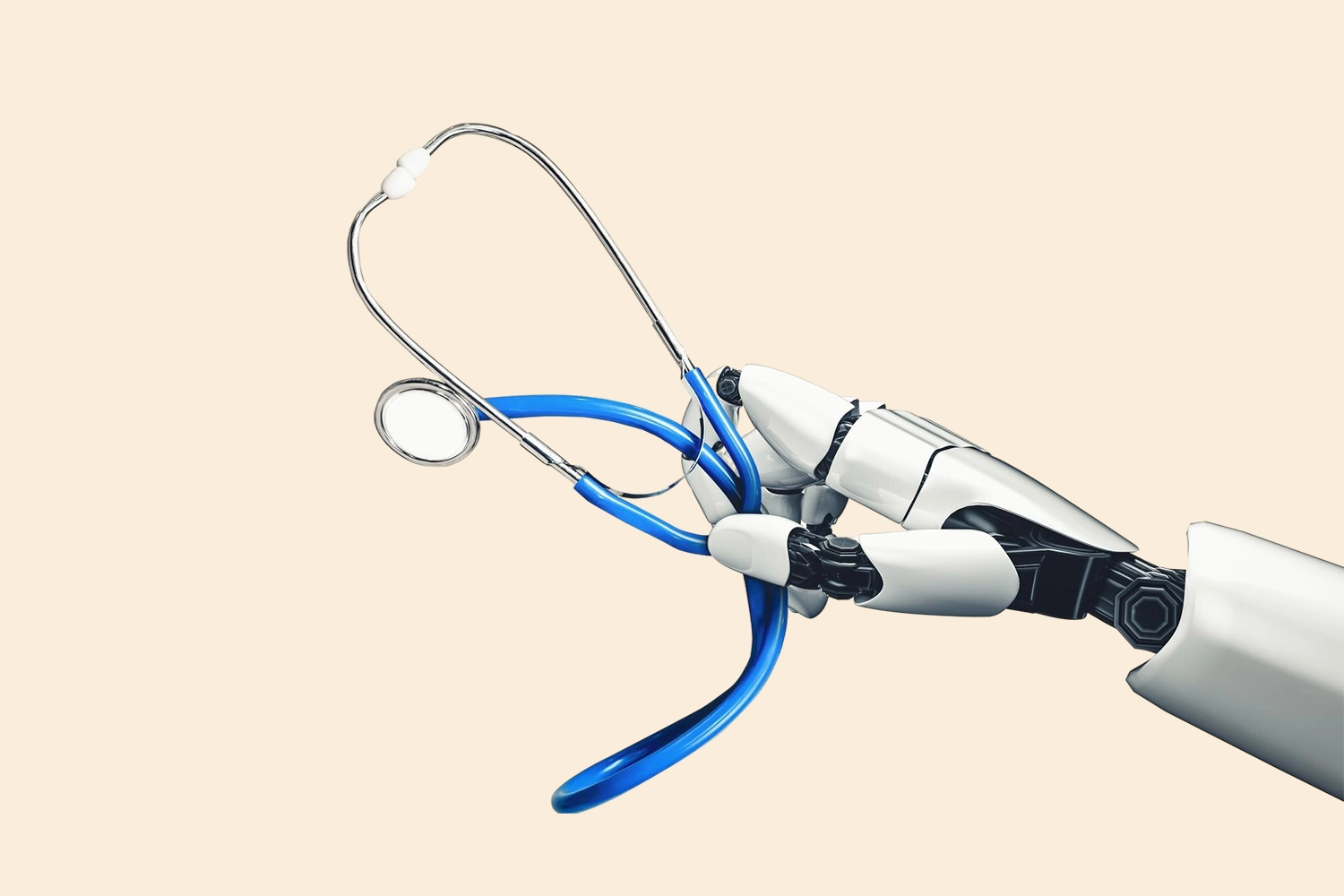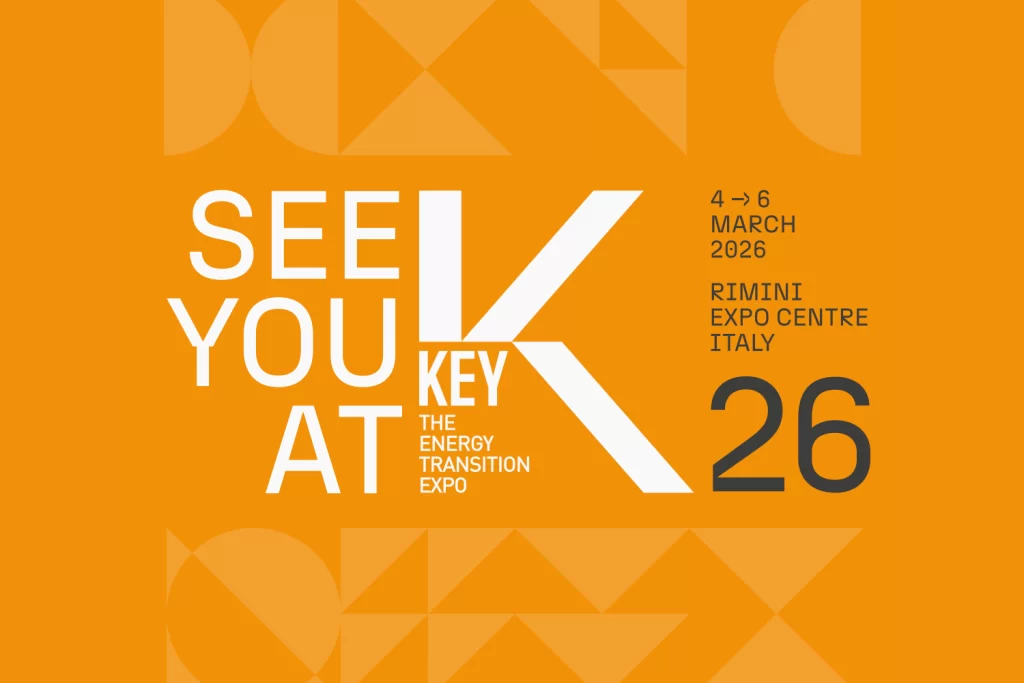SUMMARY
The global healthcare landscape is facing a very significant transformation, characterized by the massive integration of innovative technologies that are redefining care paradigms.Generative AI emerges as a major catalyst for this change, offering concrete solutions to structural challenges in the healthcare system. In recent years, the number of medical devices incorporating artificial intelligence capabilities has increased significantly, with nearly 1,000 devices cleared by the Food and Drug Administration. This technological acceleration represents not simply an incremental evolution, but a revolution that touches every aspect of health care: from drug research to patient management, from imaging to personalized medicine.
Technology foundations of generative AI in healthcare
Generative artificial intelligence differs from traditional AI applications in its ability to create original content through deep learning algorithms and advanced language models. In the healthcare context, this technology relies on complex neural architectures that process huge amounts of clinical data, scientific literature and therapeutic protocols.
Machine Learning and predictive analytics
The generative machine learning uses transformer models and generative adversarial neural networks (GANs) to analyze complex patterns in biomedical data, generating outputs ranging from differential diagnoses to personalized treatment recommendations. The uniqueness of generative AI lies in its ability to synthesize information from multiple sources, creating new knowledge through predictive analysis and correlation of seemingly disconnected clinical variables.
Natural Language Processing in clinical documentation
Natural Language Processing (NLP) represents one of the most promising application areas of generative AI in healthcare. Generative NLP systems automate the production of clinical reports, discharge summaries and administrative documentation by processing speech or text input to generate structured documents that conform to healthcare standards.
Implementation of these systems requires specific training in medical terminologies, hospital protocols and industry regulations. The algorithms learn from existing clinical best practices, generating documentation that maintains terminology consistency and scientific accuracy, reducing transcription errors and standardizing documentation processes.
Clinical applications of generative artificial intelligence
Generative AI finds cross-application in multiple medical specialties, revolutionizing diagnostic and therapeutic processes through innovative technological solutions. In radiology, generative algorithms support the interpretation of complex imaging, generating structured reports and identifying subtle pathological patterns. In oncology, generative AI analyzes tumor genomic profiles to generate personalized therapeutic protocols and predict response rates to specific treatments.
Laboratory medicine benefits from generative AI through systems that analyze complex biomarker panels, generating integrated clinical interpretations and diagnostic suggestions. In cardiology, generative AI processes ECGs, echocardiograms, and hemodynamic data to generate overall prognostic assessments and recommendations for preventive or therapeutic interventions.
Drug discovery and drug development
The pharmaceutical sector represents one of the most promising areas for the application of generative AI. Generative algorithms accelerate the drug discovery process by generating new candidate molecules and predicting their pharmacokinetic and pharmacodynamic properties. Molecular generation systems use generative neural networks to explore vast chemical spaces, identifying compounds with optimal therapeutic properties.
Generative AI also supports clinical trial optimization through the generation of experimental protocols, stratification of patient cohorts, and simulation of clinical outcomes. This application significantly reduces drug development time and costs, accelerating patient access to innovative therapies.
Telemedicine and remote assistance
Generative AI is currently used primarily for scientific research and analysis, but in the future it could support physicians in producing administrative documents. Generative AI systems enhance telemedicine platforms through advanced medical chatbots that process complex symptomatology and generate initial clinical assessments. These virtual assistants use NLP algorithms to understand symptom descriptions in natural language, generating personalized diagnostic questionnaires and automated triaging.
Integration with medical IoT devices allows generative AI to analyze biometric data in real time, generating clinical alerts and dynamic therapeutic recommendations for home monitoring of chronic patients.
INGO’s AI solutions for healthcare innovation
INGO has developed an integrated technology ecosystem that harnesses the power of generative AI to transform the patient experience and optimize healthcare processes. The INGO approach is based on a human-in-the-loop philosophy that combines intelligent automation and specialized human expertise, ensuring quality of service and personalization of care.
The INGO proprietary platforms integrate advanced machine learning algorithms for predictive analysis of patient needs, automatic generation of contextualized responses and dynamic optimization of operational flows. This technology integration enables healthcare facilities to achieve previously inaccessible levels of operational efficiency while maintaining high quality standards.
Intelligent automation and multichannel management
The INGO automation system uses AI to manage complex patient interactions across multiple channels, integrating voice recognition, natural language understanding and response generation into a single platform. The algorithms continuously learn from historical interactions, progressively improving the quality of generated responses and accuracy in recognizing patient intentions.
The multichannel architecture allows patients to begin an interaction on one channel and continue it seamlessly on another, maintaining context awareness and conversational continuity through advanced memory networks that record and correlate all touchpoints of the patient experience.
Case study: AI Reception in the hospital sector
An emblematic implementation of the solutions INGO in the healthcare sector has demonstrated concrete and measurable results. The AI Reception project achieved 80 percent autonomously handled calls, completely eliminating wait times and generating a 30 percent economic saving for the healthcare facility involved.
The implementation was structured through a phased approach: starting with 56 percent of calls handled independently on the first day, the system steadily reached 80 percent after the first month, demonstrating continuous learning and optimization capabilities. AI technology enabled the system to handle complex requests, generating personalized responses and maintaining tone of voice appropriate for the healthcare setting.
This digital transformation has yielded measurable benefits: zero missed calls, elimination of phone queues, reduction in administrative staff workload, and significant improvement in patient satisfaction score.
Future prospects and strategic considerations
Theevolution of generative AI in healthcare is moving toward ever deeper integration with the digital health ecosystem. The European AI regulation went into effect on August 1, 2024, and will be fully applicable after two years, defining a regulatory framework that will guide the development and implementation of AI technologies in healthcare.
Future prospects include the development of digital twins for simulation of clinical scenarios, integration with genomics and personalized medicine, and evolution toward autonomous healthcare systems that support real-time clinical decision-making.Investment in generative AI is a key strategic choice for healthcare facilities that want to maintain competitiveness and ensure long-term operational sustainability.
The convergence of generative AI, medical Internet of Things, blockchain for data security, and quantum computing for the analysis of biomedical big data will open up unprecedented application scenarios, radically transforming the healthcare paradigm toward a predictive, personalized, and preventive model.
Generative artificial intelligence is not simply a technological innovation, but the foundation of a new understanding of healthcare that puts the patient at the center, optimizes resources, and improves clinical outcomes through the intelligent integration of technology and human expertise.
Contact us
Find out more about our CX services
INGO, thanks to multichannel and technological innovations, is able to build specific projects for each company, following the process from the initial analysis phase to the implementation of integrated, scalable and modular omnichannel strategies. For over 20 years, Made in Italy at the service of the customer experience.
blog



